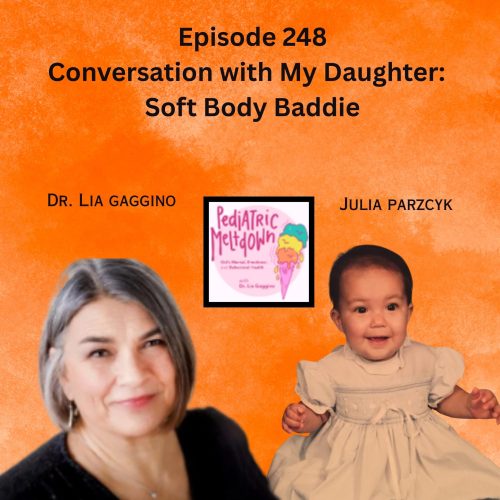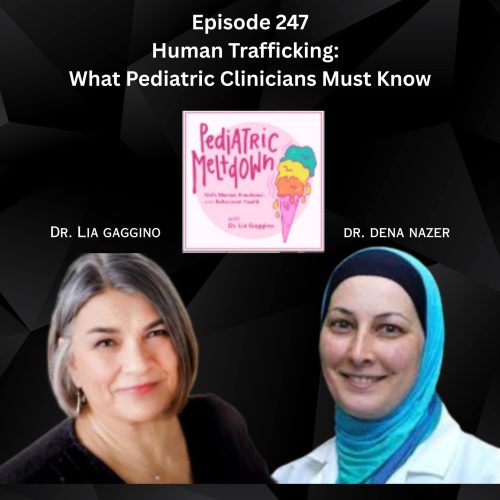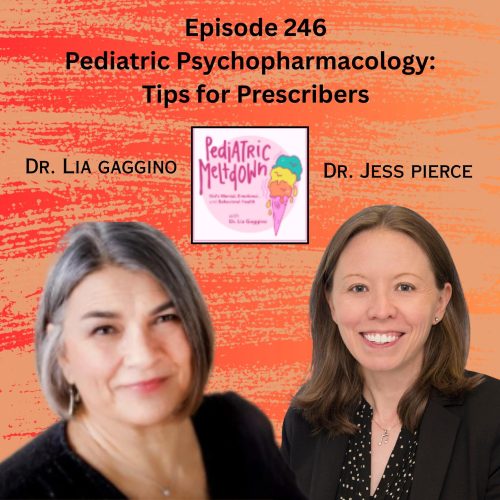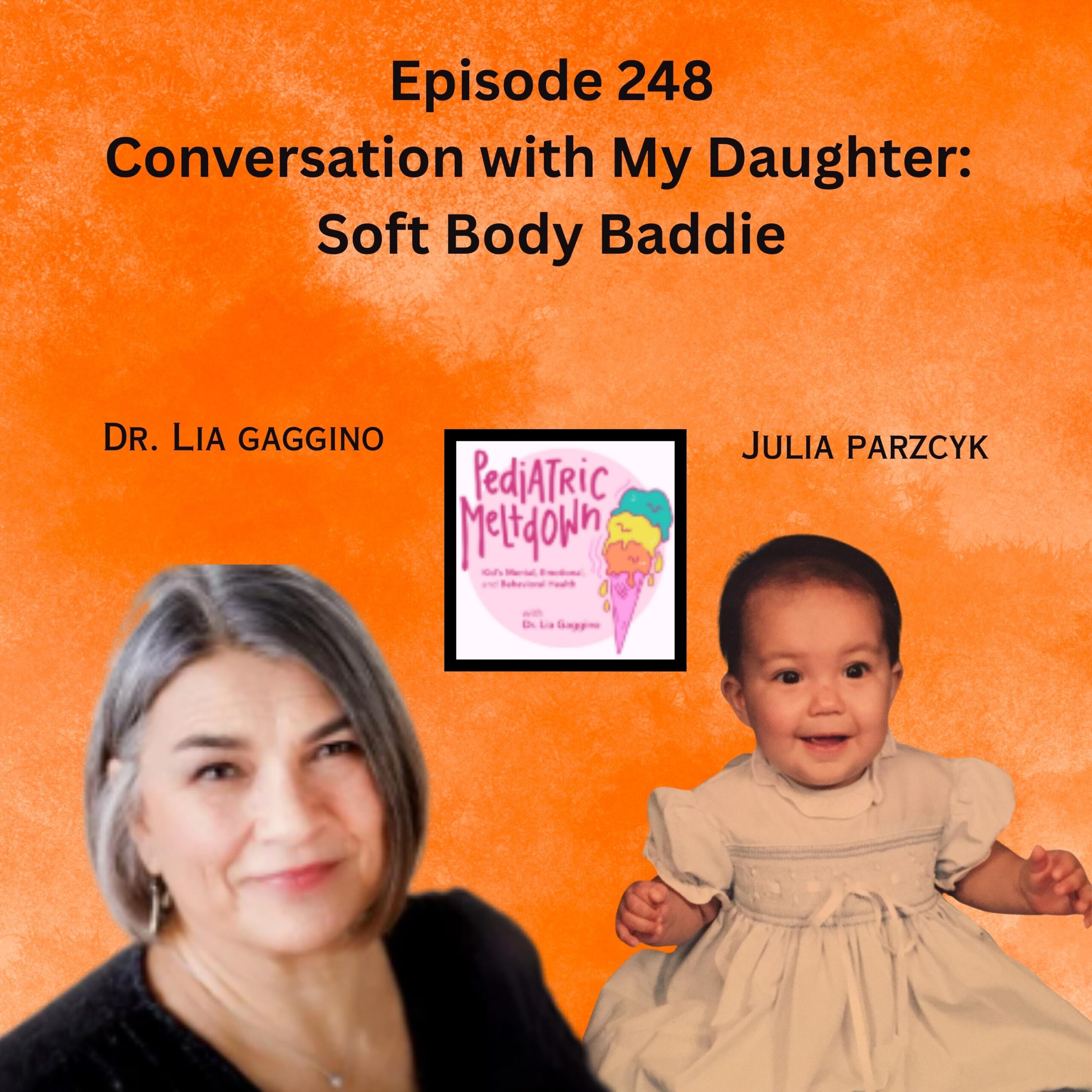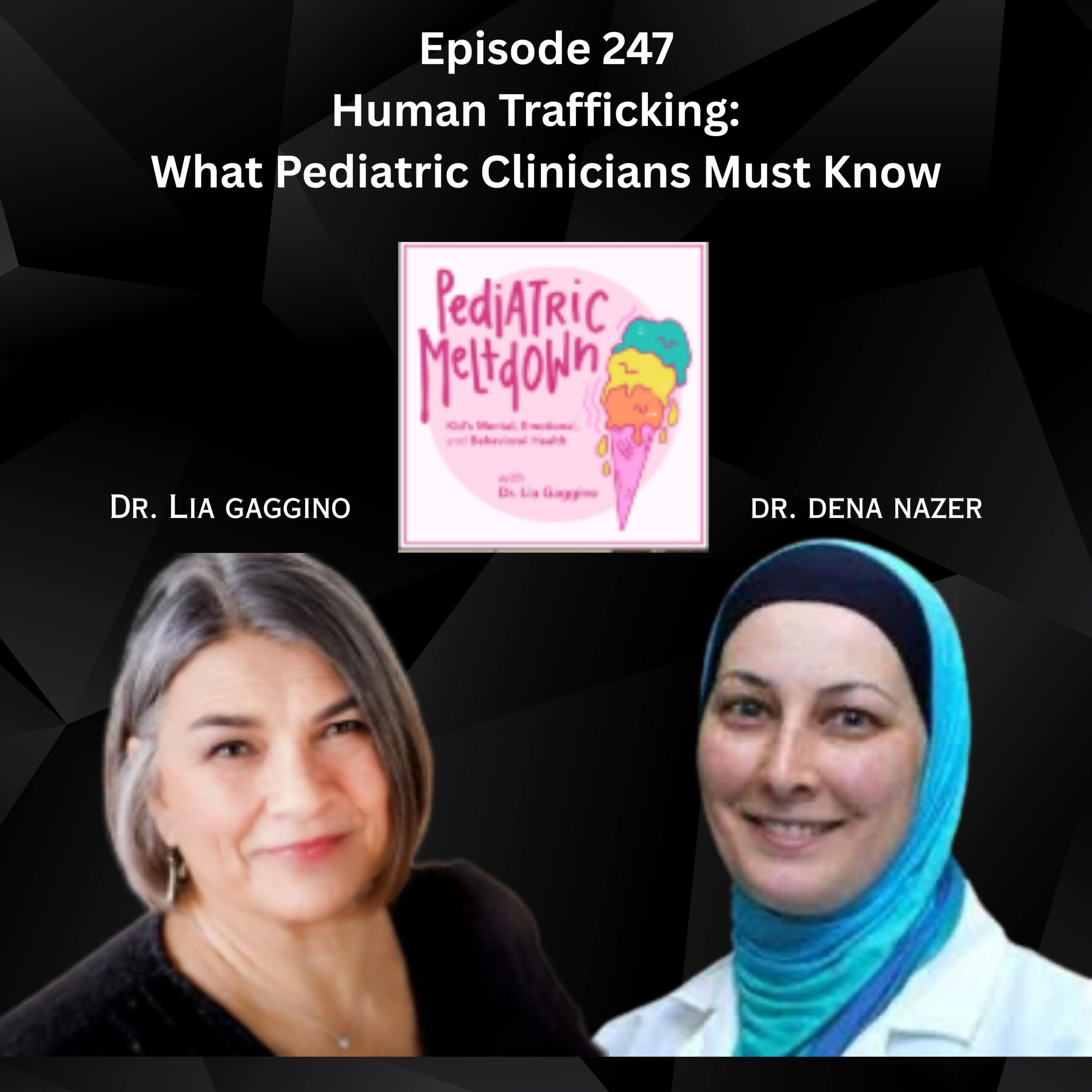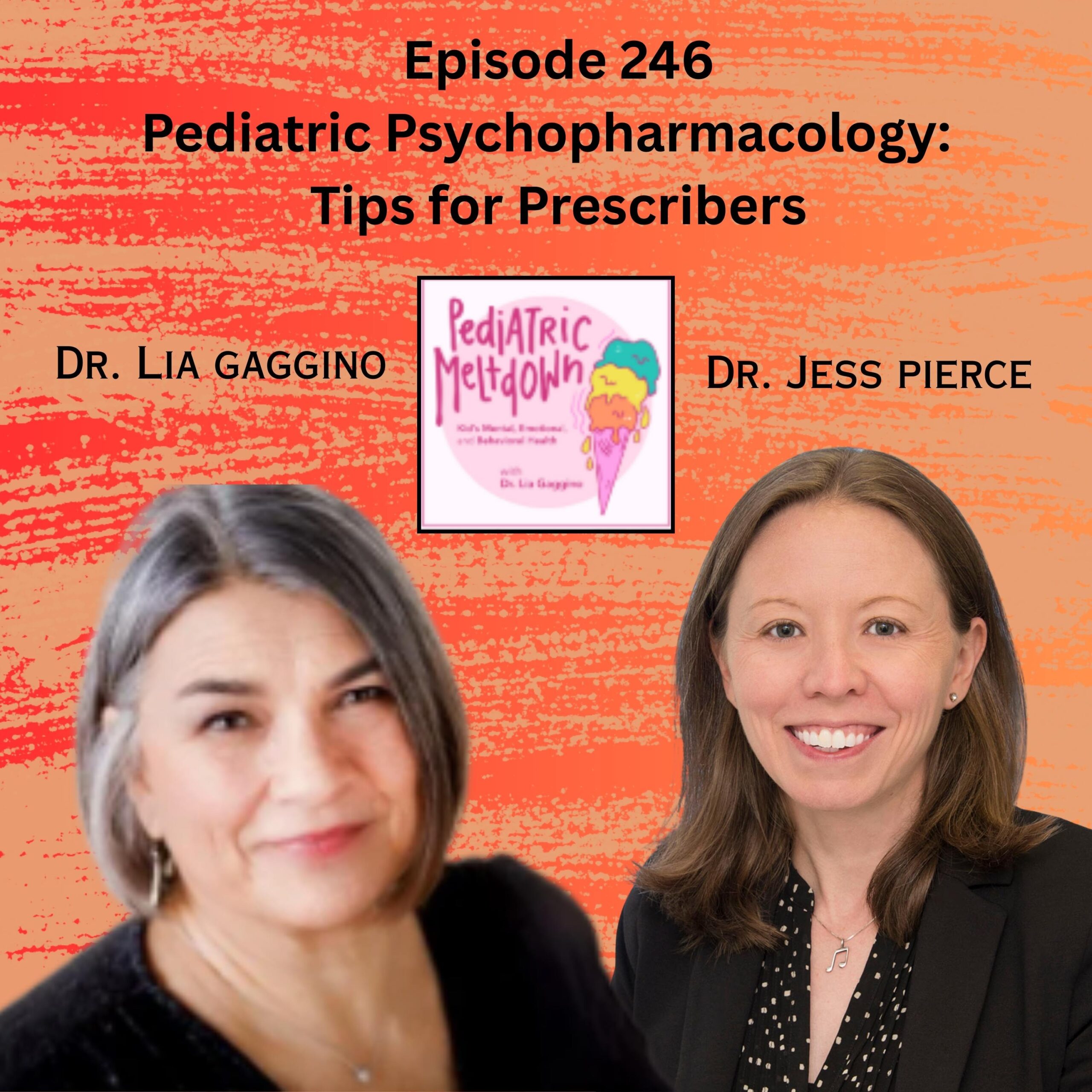I am so excited to welcome another pediatric trainee to the podcast. My guest, Dr. Nina Kuei, MD has always aspired to be a physician. After a long journey, including 6 years of working in the medical field between undergrad and medical school, she’s found herself in her happy place; Pediatrics. Nina received her medical degree from the Medical College of Georgia and completed her pediatrics residency at the Grand Rapids Helen DeVos Children’s Hospital in Michigan. She’ll be moving to Cleveland, Ohio for her Developmental-Behavioral Pediatrics Fellowship and wishes to pursue a Sleep Medicine Fellowship afterward.
Nina has a passion for diversity, equity, and inclusion topics in clinical medicine. Nina co-founded the pediatric program’s Diversity and Inclusion Committee. Today, we’ll be talking about Microaggressions and how we can improve the clinical medicine workspace for everyone.
[00:01] Dr. Nina Kuei Shares Her Background With Us
- Growing up and receiving her medical training in the south, Dr. Kuei moved out to Grand Rapids, MI to be a Pediatrics Specialist
- She didn’t plan to go into pediatrics initially, but she discovered how fulfilling it was for her.
- She initially wanted to pursue a fellowship in Sleep Medicine, but then decided to go for Developmental-Behavioral Pediatrics first
[06:05] What Are Microaggressions?
- With the current social climate of rampant hate crimes against Asians and the unrest surrounding George Floyd’s death, microaggressions are a topic we need to be discussing.
- Dr. Kuei explains what microaggressions are
- Acts or language that communicates bias towards another person or group
- Stems from systemic racism
- Often times are subconscious
- How microaggressions feel to the receiver
- Dr. Kuie explains microassaults, microinsults, and microinvalidations
- Educating ourselves and seeking to understand
[16:53] How We Can Educate Ourselves To Understand and Avoid Causing Microaggressions
- Implicit bias testing
- See links below for articles, podcasts, and resources for self-educating on this topic
- If you witness a microaggression, do something about it
- Microaggressions that are prevalent in the medical field
- Microaggressions from patients
- Microaggressions within an interprofessional team
- Dealing with microaggressions as the receiver
- The power of self-affirmation
[27:14] Dr. Nina Kuei’s Quality Improvement Project Regarding Microaggressions
- An educational intervention
- Taking medical providers from a 17% to a 63% level of confidence in their ability to identify microaggressions
- Standing up for victims helps validate them and opens up doors for conversation
- The importance of discussing microaggressions
- Being comfortable with being uncomfortable
- We all have our own innate biases
- We have to be vulnerable enough to admit our own weaknesses without shaming
[37:24] Closing Segment
- What advice would you give your younger self?
- I would allow myself a lot of grace
- Final Takeaways:
- Nina describes microaggressions as small signals towards marginalized populations that may demean, insult or hurt the receiver
- Systemic racism is built on micro and macro aggressions
- Microassaults; are explicit and intended to hurt
- Microinsults; comments, rudeness that may demean or snub another
- Microinvalidation; comments that nullify or negate someone
- What can we do? Start with educating ourselves
- Be an ally if you are a witness or a bystander and use your power
- How? Acknowledge that the microaggression occurred, validate the negative feeling it caused, and counter the action
- If you are the receiver or victim, try not to personalize the remarks and use words of affirmation
- Be aware of dehumanization when you see it or hear it
- The Imposter Syndrome is real
- Microaggressions are a big deal
- We all belong at the table
- Do better, be better
Tweetable Quotes:
“The biggest thing that you can do if you witness a microaggression, especially if you’re part of a privileged group, is to do something about it.” – Nina Kuei
“The best way to address it is acknowledging the microaggression, validating the negative feelings, confronting that language and identifying it.” – Nina Kuei
“You aren’t expected to be perfect, you’re going to make mistakes and that’s how you learn.” – Nina Kuei
Connect with my guest: nina.kuei@spectrumhealth.org
References
http://fobettarh.github.io/Killing-Me-Softly/
Grunspan D. Z., Eddy S. L., Brownell S. E., Wiggins B. L., Crowe A. J., Goodreu
S. M. (2016). Males under-estimate academic performance of their female peers in
undergraduate biology classrooms. PLoS One, (2), e0148405.
Harrison C, Tanner KD. Language Matters: Considering Microaggressions in Science
[published correction appears in CBE Life Sci Educ. 2020 Dec;19(4):co2]. CBE
Life Sci Educ. 2018;17(1):fe4. doi:10.1187/cbe.18-01-0011.
Pololi L. H., Civian J. T., Brennan R. T., Dotollo A. L., Krupat E. (2012).
Experiencing the culture of academic medicine: Gender matters, a national study.
Journal of General Internal Medicine, (2), 201–207.
Sue DW, Capodilupo CM, Torino GC, et al. Racial microaggressions in everyday
life: implications for clinical practice. Am Psychol. 2007 May‐Jun; 62(4):
271‐ 286.
Wang J., Leu J., Shoda Y. (2011). When the seemingly innocuous “stings”:
Racial microaggressions and their emotional consequences. Personality and Social
Psychology Bulletin, (12), 1666–1678.
The following are great general information articles
Buzzfeed Photograph Project Link: 21 Racial Microaggressions You Hear On A Daily Basis
If you’d like to connect with me, you can find me at LinkedIn, Facebook, and Twitter or email me at gagginol@yahoo.com. To learn more about me visit https://www.medicalbhs.com/
LOVE WHAT YOU HEARD? Leave us a 5-star review so we can continue to provide you with great content. Share this episode and help people know more about children’s health and well-being.



